Ford, U Mich study finds greater greenhouse gas reductions for pickup truck electrification than for other light-duty vehicles
Green Car Congress
MARCH 5, 2022
In an open-access paper in Environmental Research Letters , they show that the proportional emissions benefit of electrification is approximately independent of vehicle class. Our research clearly shows substantial greenhouse gas emission reductions that can be achieved from transitioning to electrified powertrains across all vehicle classes.

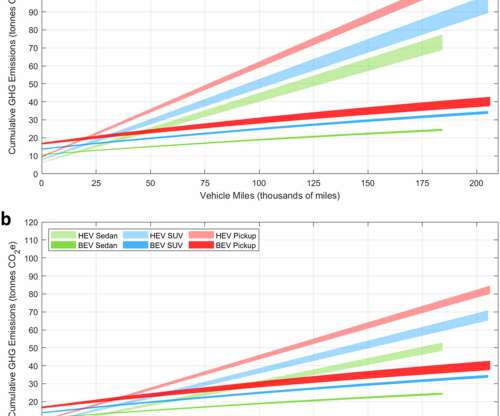









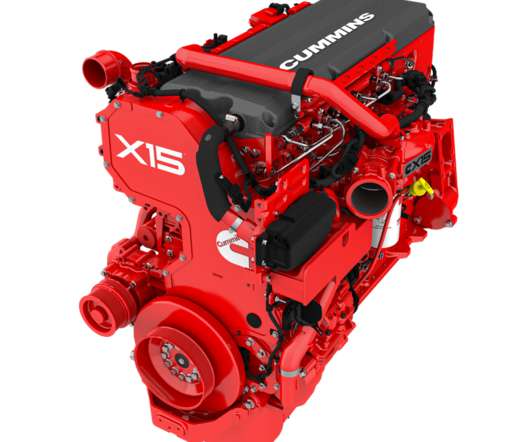





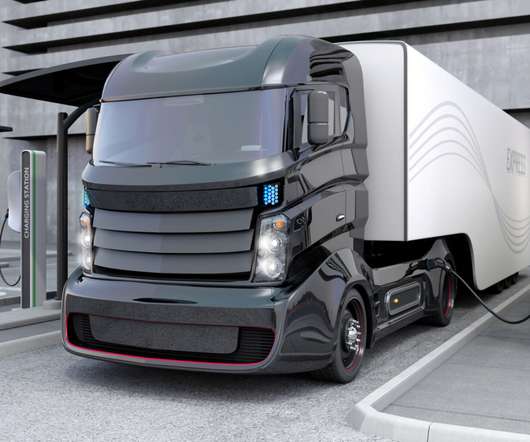






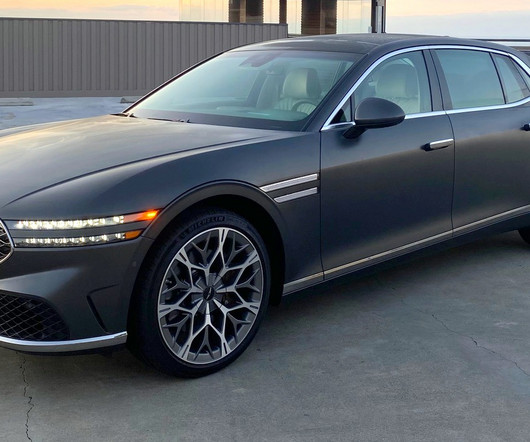


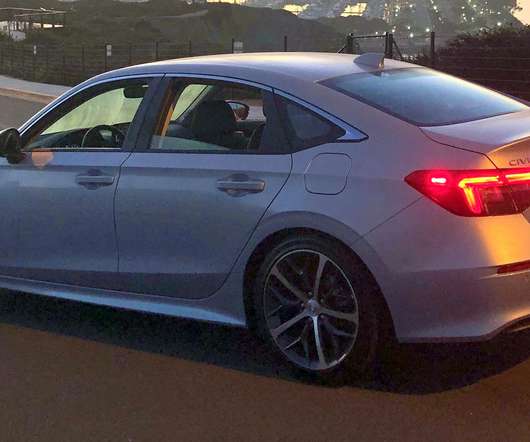
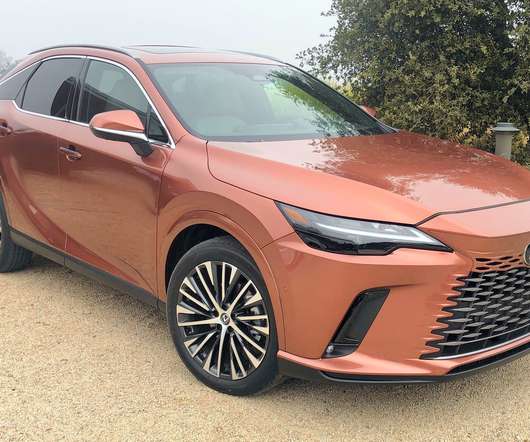



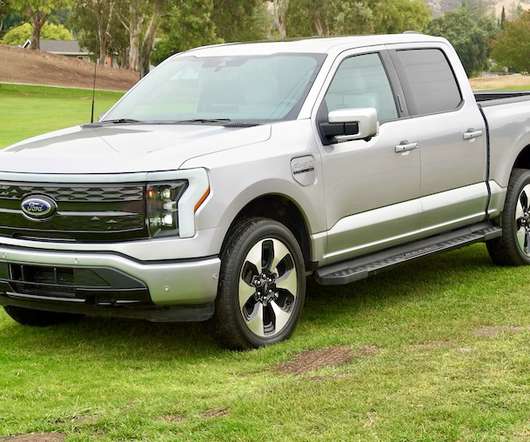




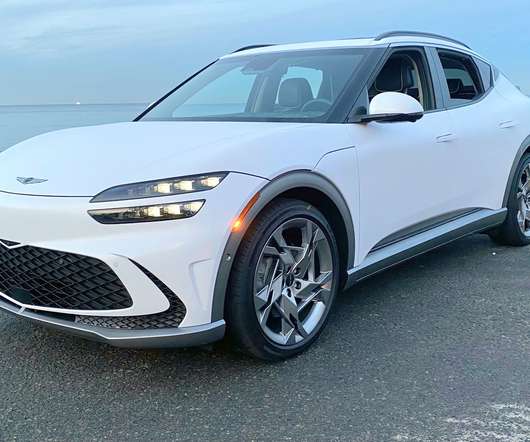







Let's personalize your content